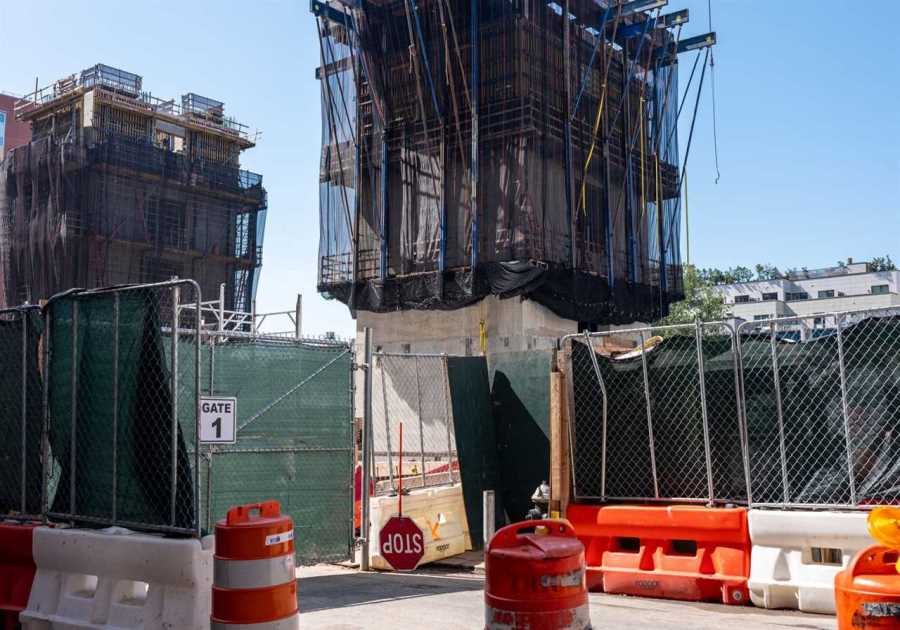If you’re hoping to become a homeowner, the most important thing to keep in mind is that your costs will change, and in all likelihood, increase. Why? When you rent, you’ll pay a landlord every month, and may also have to put down a cleaning or pet deposit when you move in (this may or may not be refunded to you, depending on the terms of your lease).
But when you buy a home, you get the entire financial responsibility of homeownership expenses — not just the mortgage itself, but also homeowners insurance, property taxes, and repair and maintenance costs.
Research from The Ascent found that in 2019, homeowners paid an average of about $717 more per month on housing costs than renters did. This isn’t a small amount of money, and it’s certainly worth reckoning with how much your own costs will rise before you sign all that mortgage loan closing paperwork and accept a major financial commitment.
Let’s take a look at how you can “test drive” your homeownership costs — and end up with some cash savings for a house in the process.
Create a realistic budget
I know, I know — no one likes budgeting. It’s absolutely crucial to determining whether you’re actually ready to own a home, though. So take a look at home prices in your area, and be honest about the type of home you’re looking for, as well as the areas you might like to live in.
This should give you some idea of how much you’ll have to borrow from a mortgage lender. You can sometimes find estimated property tax figures in home listings, too. If you know your credit score, MyFICO has an interest calculator that will give you an estimate of what mortgage rate you might qualify for.
It might be difficult to estimate how much you’ll pay for homeowners insurance premiums, because there are so many variables at play; you could ask a local homeowner how much they pay and make an educated guess from there. And don’t forget about saving for maintenance and unplanned home repairs — a good rule of thumb for these is to expect to spend about 1% of your home’s purchase price per year.
If you’re planning to buy a $300,000 home, that’s $3,000 per year. And if homeowners associations are common in your area, you might end up responsible for monthly HOA fees, too — again, do your best to estimate here.
Once you’ve got all your estimates of these various numbers, it’s time to plug them into a mortgage calculator (with the exception of that 1% for maintenance and repairs; you’ll divide that by 12 and add it to your total from the mortgage calculator). This will give you an estimated monthly housing cost. Can you afford it? Ideally, it should be less than 30% of your take-home pay.
Live with these costs while you’re still renting
To “test drive” (or “play house,” as finance guru Suze Orman calls it) your projected housing costs if you buy a home, start putting the extra money above and beyond what you spend on rent aside every month. Try this for at least three months (six months would be better).
One of the best high-yield savings accounts is a good place to keep it, as you’ll earn a decent APY, growing your money over time. And you can put this cash toward your home purchase when you decide to go for it, too.
This experiment can give you real experience living with the costs you can expect to incur as a homeowner. Is your new budget comfortable for you? If so, you can likely afford to buy a home.
Or are you scrambling to pay for your other regular monthly expenses (necessary or otherwise), or resentful that you can no longer afford to eat out as often as you did when you were only paying the costs of renting? Maybe you should rethink buying right now, until you can raise your income. Or maybe you can reduce your expected housing costs by buying a smaller home, or even relocating to a less-costly area if you’ve got your heart absolutely set on homeownership.
Buying a home is a big decision that comes with a lot of extra costs you may not be anticipating. Running this experiment likely won’t give you a perfect estimate of your new housing costs, but if you take the time to supply the most accurate numbers possible, you should end up with a good idea of what you’ll be spending. And by living with it for a while, you’ll know how those extra expenses feel, too.
This article was written by Ashley Maready from The Motley Fool and was legally licensed through the Industry Dive Content Marketplace. Please direct all licensing questions to [email protected].
------------Read More
By: newscred_admin
Title: Want to Buy a Home? Here’s How to ‘Test Drive’ Your New Budget
Sourced From: www.pncrealestatenewsfeed.com/want-to-buy-a-home-heres-how-to-test-drive-your-new-budget/?utm_source=rss&utm_medium=rss&utm_campaign=want-to-buy-a-home-heres-how-to-test-drive-your-new-budget
Published Date: Tue, 05 Sep 2023 12:00:17 +0000
.png)





